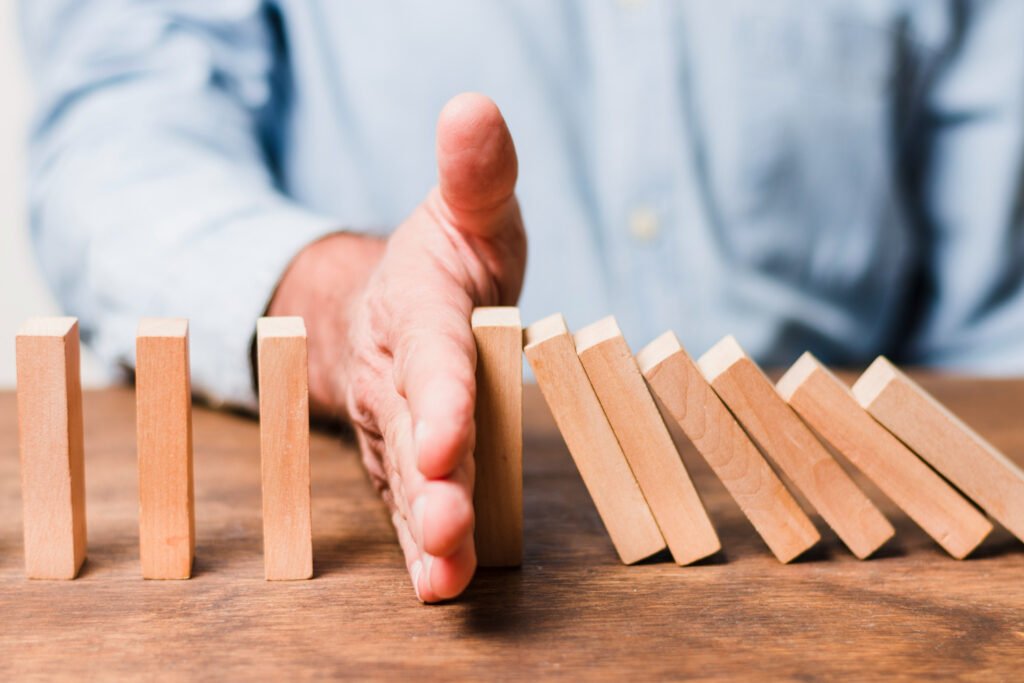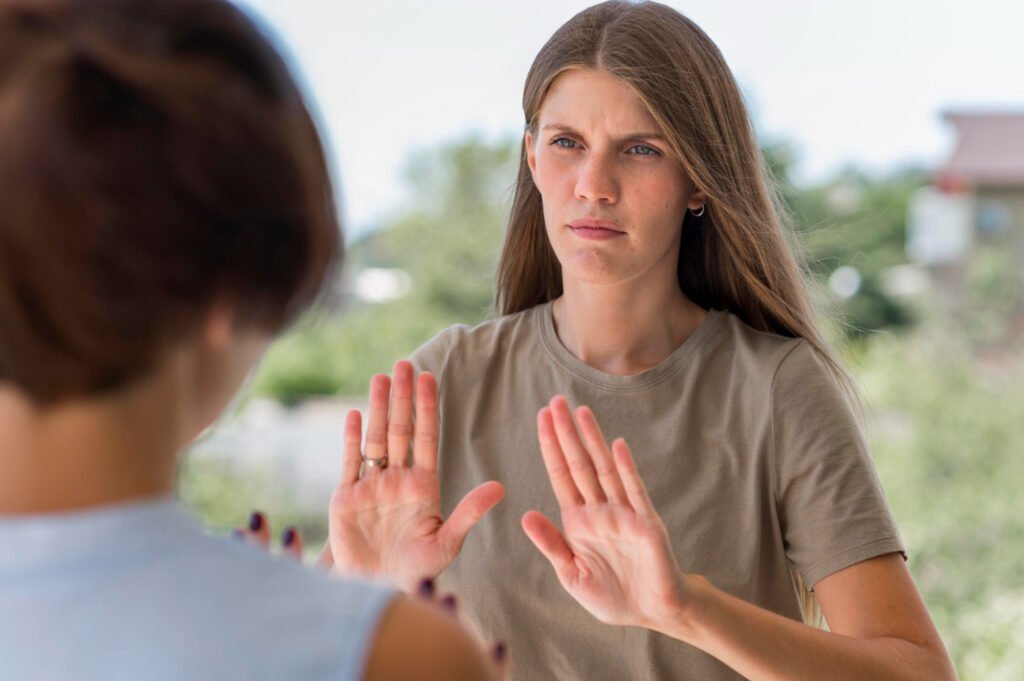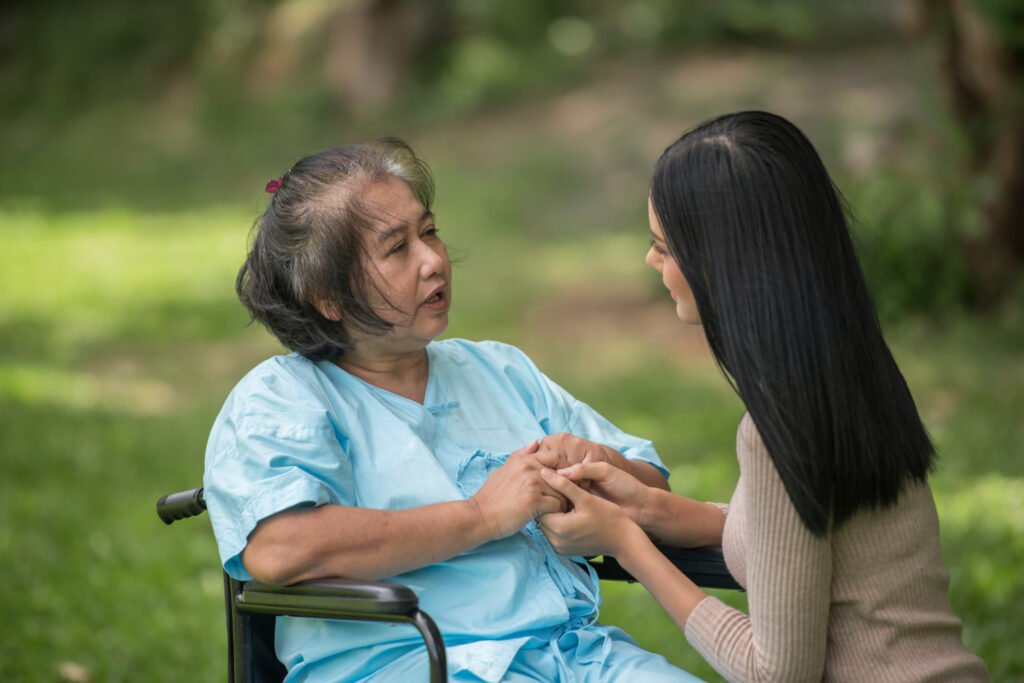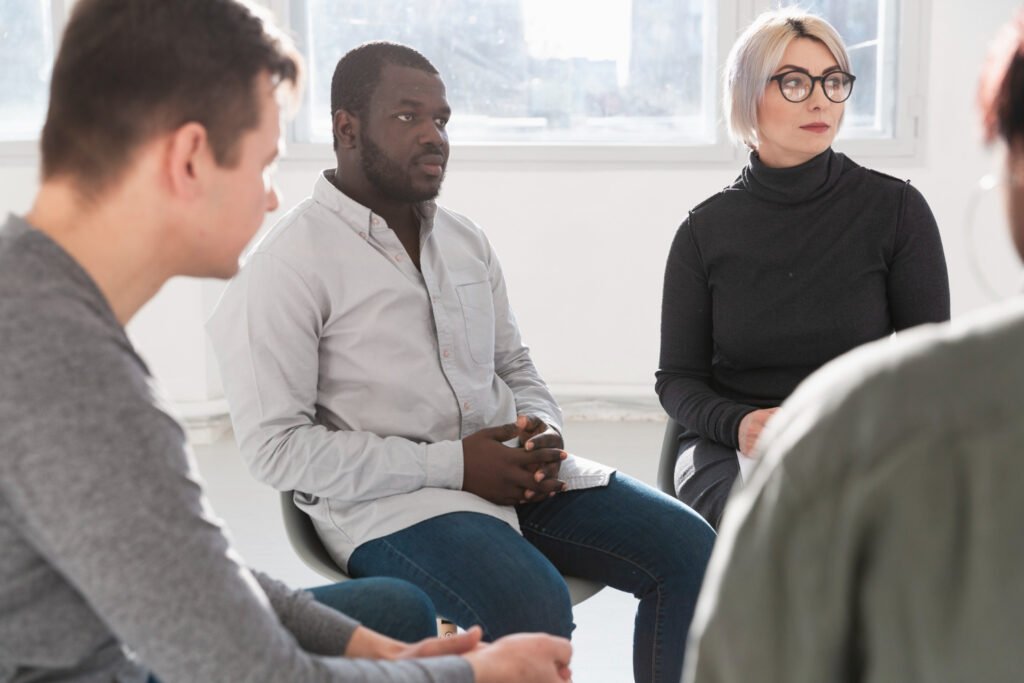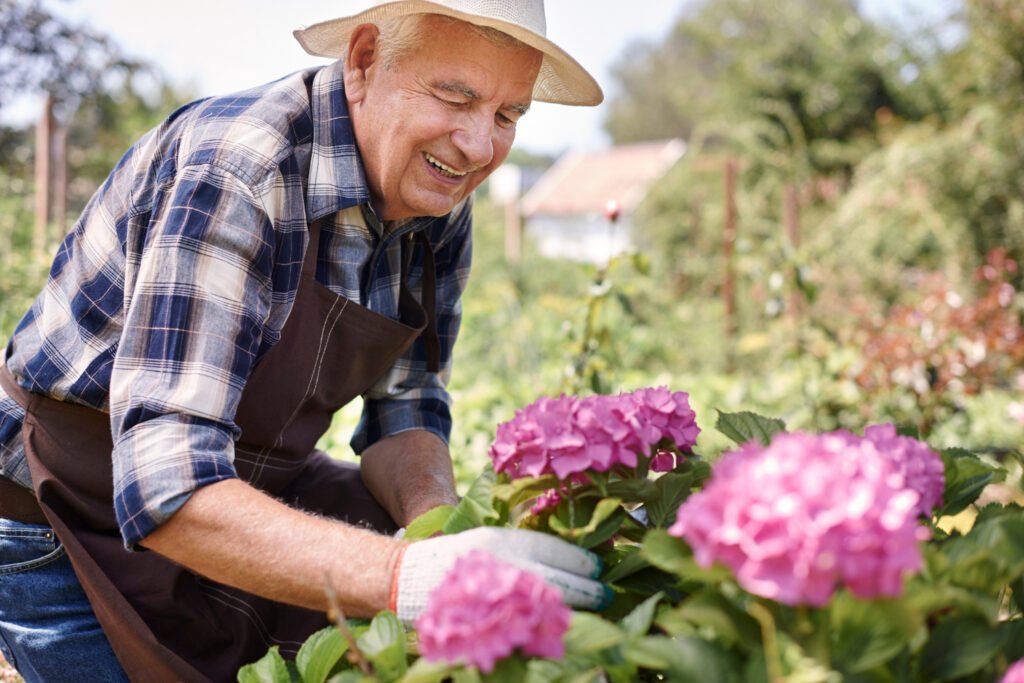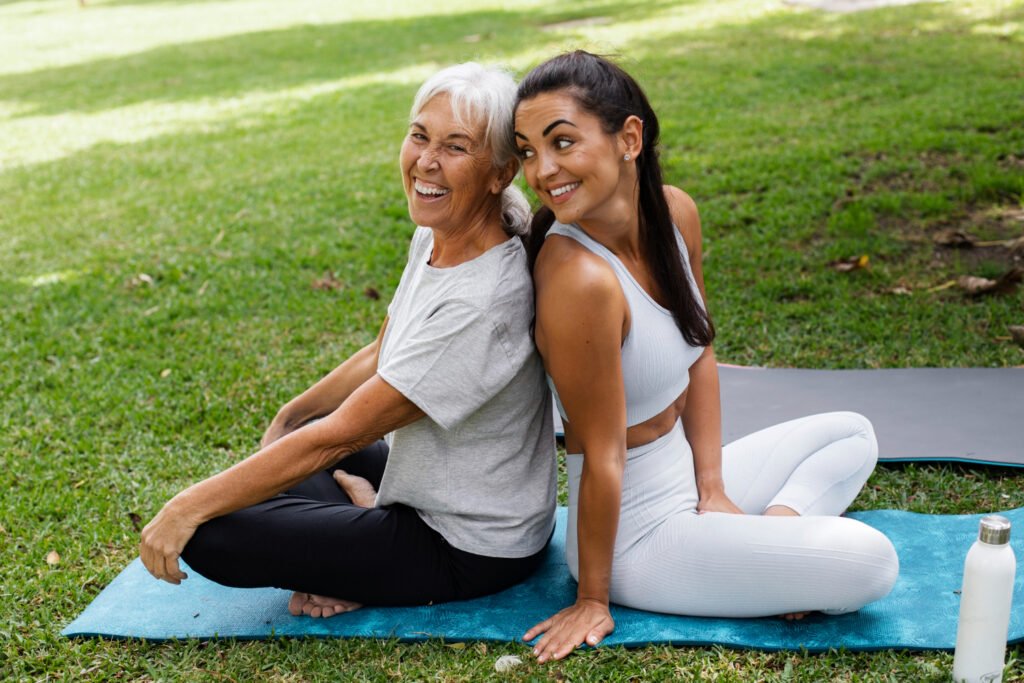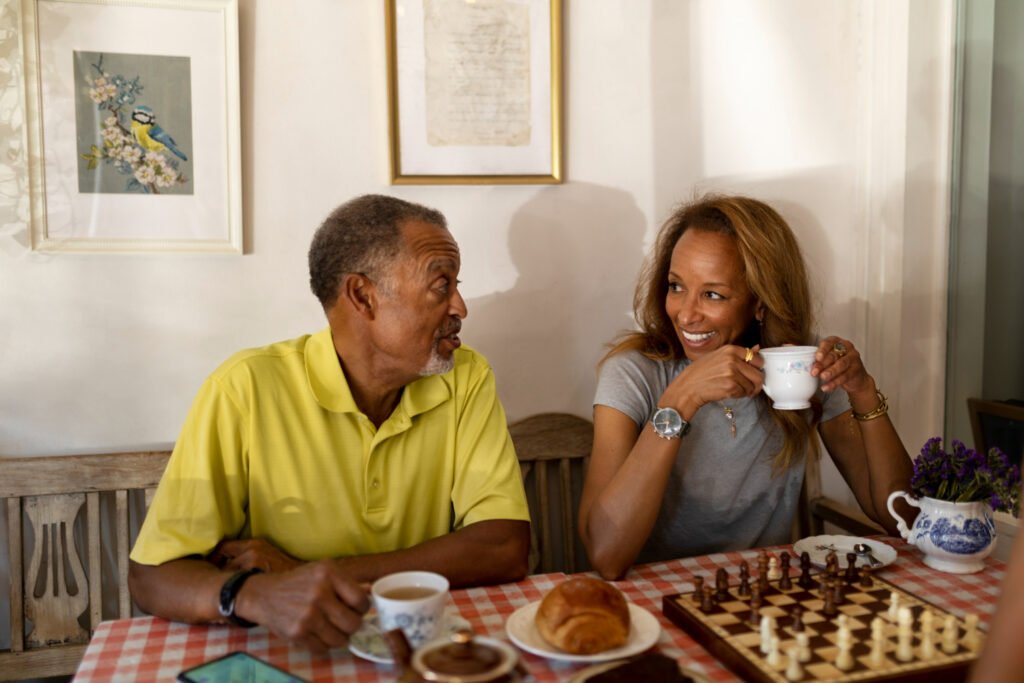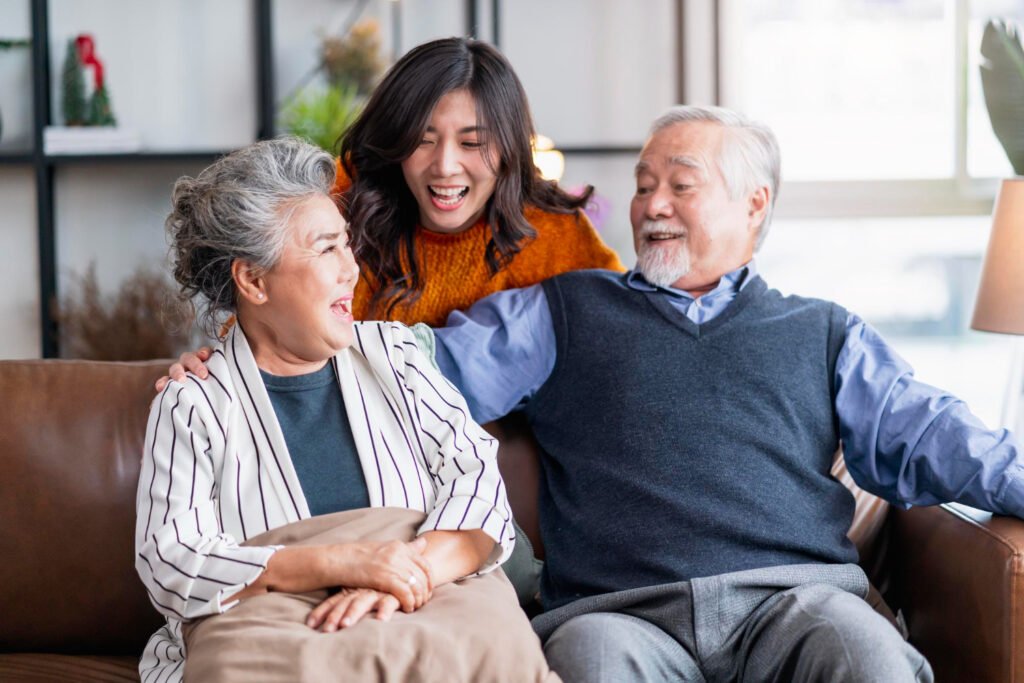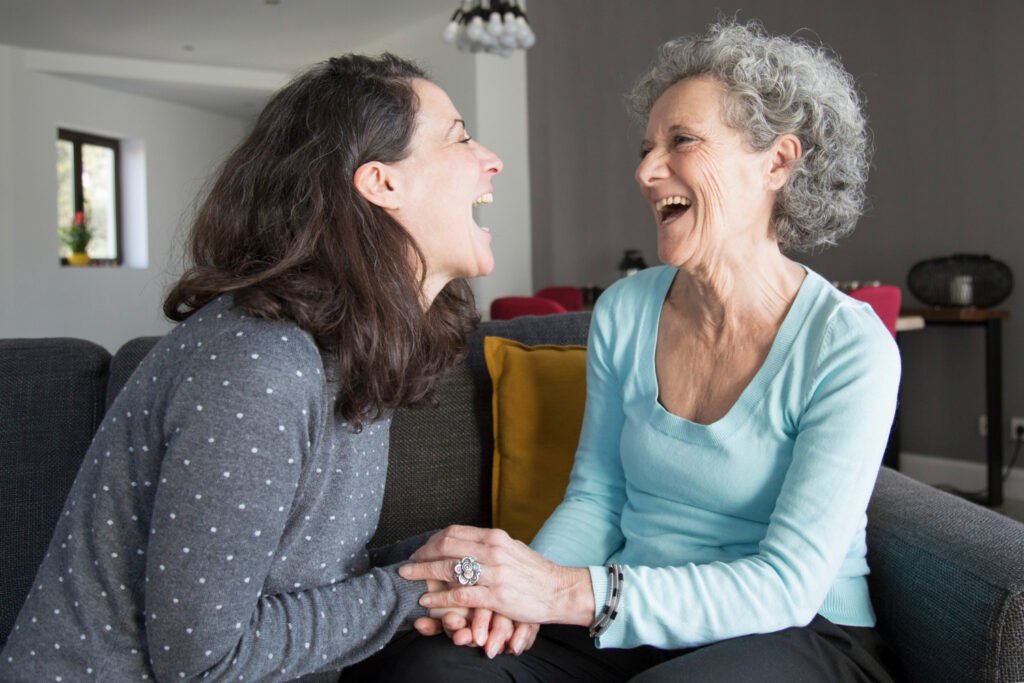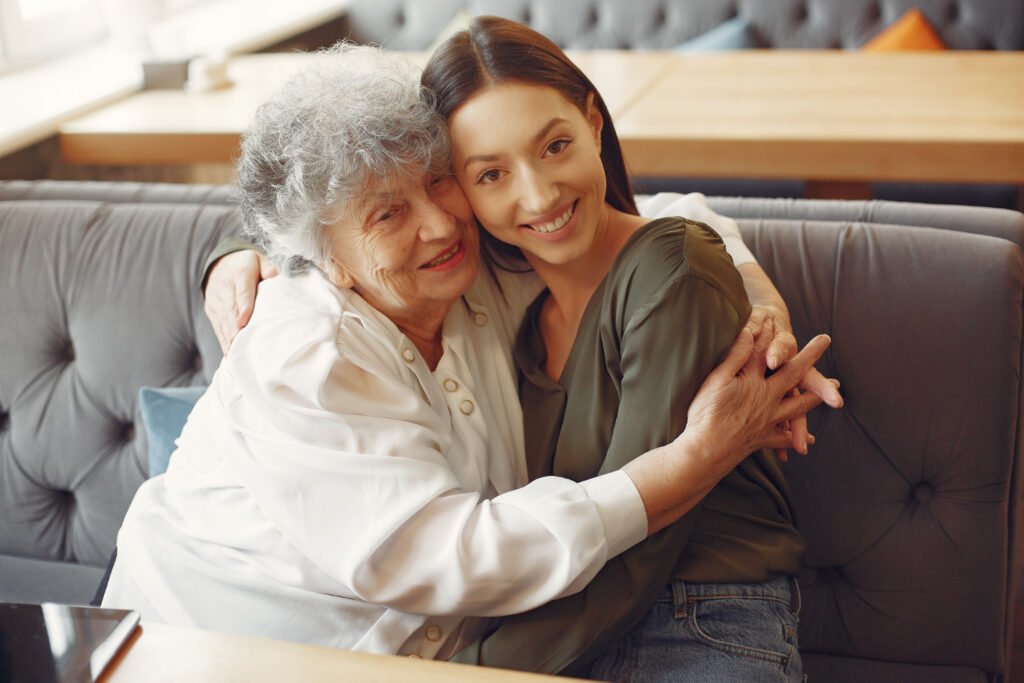Men’s Health Month: Where are the male family caregivers?
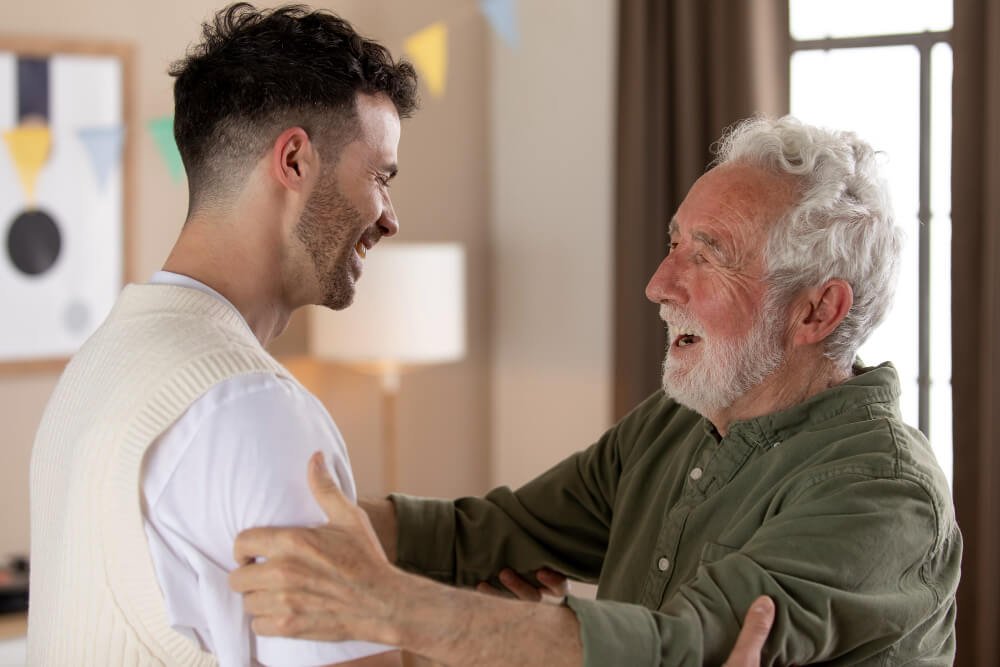
June is Men’s Health Month, a time to spotlight men’s unique health challenges. From June 9–15, we also observe Men’s Health Week, encouraging early detection and treatment of diseases affecting men and boys.
But there’s one group often left out of this conversation: male family caregivers.
When we think of caregiving, we often picture a woman. But more men are stepping into family caregiving roles than ever before. And while their numbers are growing, their stories are still too quiet.
Men face the same stress, burnout and emotional exhaustion as their female counterparts, yet they’re less likely to seek support.
Let’s take a closer look at the physical, mental and emotional impact of caregiving on men and how we can help them care for themselves too.
The Quiet Rise of Male Caregivers
Today, nearly 1 in 3 family caregivers is a man. That’s about 16 million men across the U.S. Many of them are caring for a spouse, aging parent or disabled child. Some work full-time while caregiving and others have left jobs to offer care full-time.
But because our culture has long seen caregiving as “women’s work,” male caregivers often feel isolated. They might not talk about their struggles or even know where to turn for help. That silence can be costly.
Today, millions of men are caring for spouses, partners, aging parents, other relatives and friends. The numbers will just keep growing as the population ages and gender roles shift.
Caregiving is hard, no matter your gender. Male caregivers seem to work more covertly than female caregivers. They may hide their stress or feel like they have to “tough it out.” That kind of societal and self-induced pressure can lead male caregivers to some serious health risks.
The Hidden Health Toll on Men

Male caregivers are often more likely to skip doctor visits, ignore signs of burnout and avoid those dreaded emotional conversations. That can lead to:
- Increased risk of heart disease and high blood pressure.
- Weight gain or poor diet.
- Anxiety, depression and loneliness.
- Fatigue, sleep problems and substance use.
Many male caregivers say they feel overwhelmed, angry or helpless, but don’t have a safe space to talk about it. They may also feel uncertain about how to handle tasks like helping someone with bathing or managing medications.
Over time, the stress adds up. Without relief or support, caregiving can take a serious toll on a man’s mind and body.
6 Proven Ways Men Can Lower Caregiving Stress

If you’re a male caregiver, or love someone who is, here are six simple ways to reduce stress and protect your health:
1. Don’t go it alone. Join a caregiver support group. Sharing your experience with others who get it can bring welcome relief. Don’t forget that online groups count too.
2. Create a daily routine. Structure can help ease anxiety. Set simple goals for each day and build in short breaks.
3. Accept help. It’s wise to ask for help. Let family or friends take over errands, appointments or meals when they offer.
4. Talk to your doctor. Let your health care provider know you’re a caregiver. That way, they can help you watch for signs of stress or burnout and point you toward helpful resources.
5. Make time for yourself. Even 10 minutes of alone time can help. That solitude gives you time to listen to music, pray, take a short walk — whatever helps you feel more grounded.
6. Learn the skills you need. Don’t be afraid to ask for training on medical tasks or personal care. Lifting someone safely or bathing them is a skill. You don’t have to figure it all out on your own.
Changing the Story: Supporting Male Caregivers
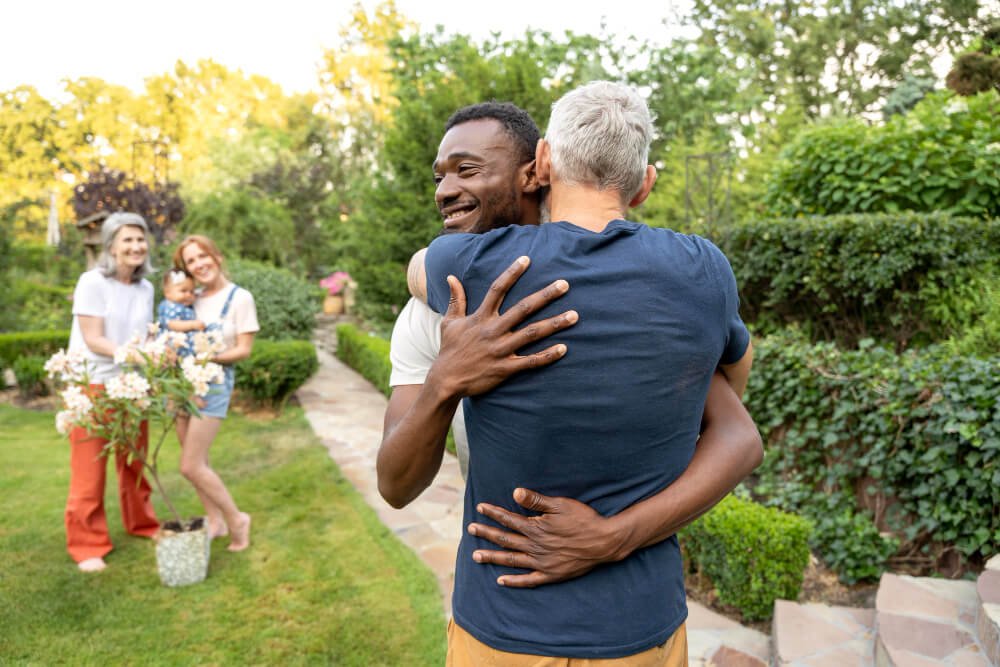
We all benefit when we make space for men to be caregivers. That means breaking down stigmas, offering practical tools and acknowledging the work they do with love and strength.
Places of worship, workplaces and healthcare providers can play a significant role. Some create caregiver ministries, flexible work schedules and outreach that includes men. And friends and family can check in with the men in their lives who are quietly carrying this burden.
By lifting up male caregivers during Men’s Health Month, we shine a light on their quiet courage and remind them they’re not alone.
Remember the importance of self-care.
If you’re a male family caregiver, your health matters too. Taking care of yourself is important. You can explore self-care tips from the Family Caregiver Alliance.
This Men’s Health Month, let’s support the men who support others every day. Let’s listen, encourage and remind them it’s okay to need help too.
Support for Male Caregivers FAQ
Are there caregiver support groups just for men?
Yes, many local hospitals, churches and online forums offer support groups specifically for male caregivers.
What are the most common health risks for male caregivers?
Heart disease, high blood pressure, depression and sleep problems are common among male caregivers.
How can male caregivers talk to their employers about their needs?
Start by explaining your caregiving role and ask about flexible work hours, remote options or family leave benefits.
Can men get paid to be caregivers?
In some states, Medicaid or veteran programs offer pay to family caregivers, including men. Check with your local area agency on aging.
How can friends and family support male caregivers?
Offer to help with tasks, listen without judgment and encourage them to take breaks and care for their health.
